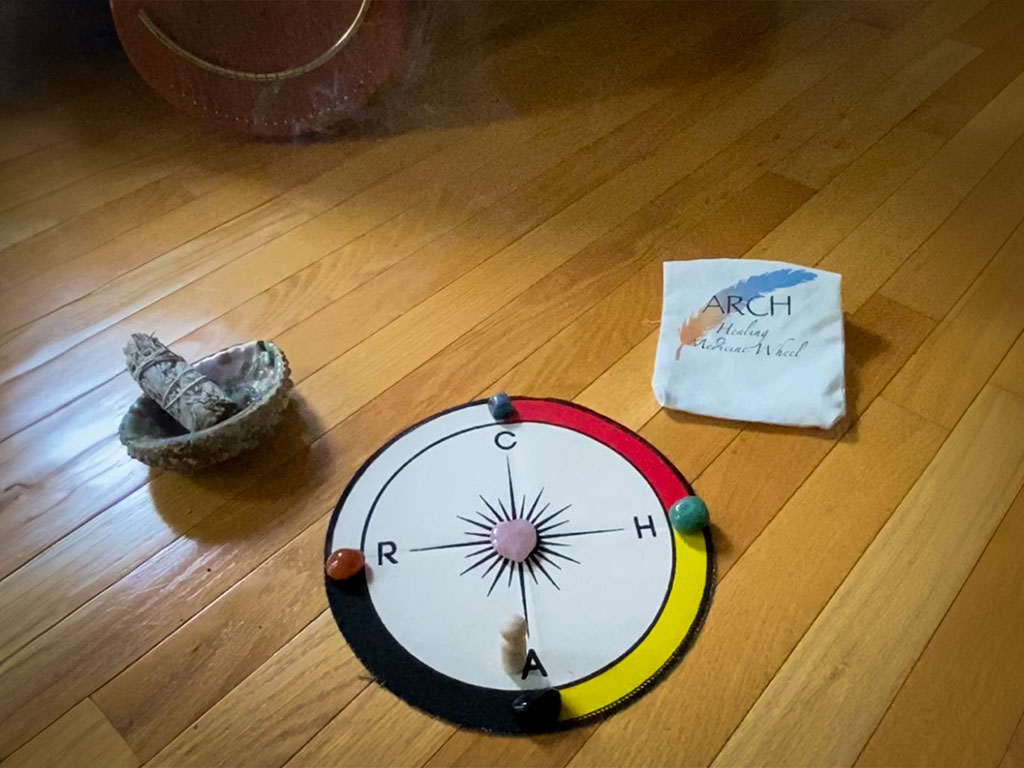Nourishing the Mind and Body: Exploring Nutritional Psychology in Holistic Therapy
In the realm of holistic therapy, where the interconnectedness of mind, body, and spirit is paramount, the emerging field of Nutritional Psychology has gained considerable attention as a comprehensive approach to promoting whole-person health. Rooted in the understanding that nutrition plays a fundamental role in shaping both physical and mental well-being, Nutritional Psychology seeks to harness the power of food to support optimal mental health outcomes. By integrating principles of psychology, nutrition science, and holistic therapy, practitioners of Nutritional Psychology offer a multifaceted approach to healing that addresses the unique needs of each individual, nurturing the mind and body in tandem.
At its core, Nutritional Psychology recognizes the intricate relationship between diet and mental health, acknowledging that the foods we consume have a direct impact on neurotransmitter function, hormone regulation, and overall brain health. Through targeted dietary interventions, such as personalized meal plans and nutritional supplementation, practitioners aim to optimize brain function, enhance mood stability, and alleviate symptoms of mental health disorders. By addressing nutritional imbalances and deficiencies, Nutritional Psychology empowers individuals to take an active role in their mental health journey, fostering a sense of empowerment and self-efficacy.
Central to the practice of Nutritional Psychology is the concept of bio-individuality, which recognizes that each individual has unique nutritional needs based on factors such as genetics, lifestyle, and environmental influences. By conducting thorough assessments and gathering comprehensive health histories, practitioners tailor treatment plans to meet the specific needs of each client, ensuring that interventions are aligned with their goals and preferences. This personalized approach allows for greater flexibility and adaptability, empowering individuals to make sustainable dietary changes that support long-term mental health and well-being.
In addition to addressing nutritional factors, Nutritional Psychology takes a holistic approach to therapy, recognizing the interconnectedness of physical, emotional, and spiritual health. Practitioners emphasize the importance of cultivating a supportive and nurturing environment that promotes overall well-being, incorporating mindfulness practices, stress management techniques, and lifestyle interventions into treatment plans. By addressing underlying emotional and psychological factors that may contribute to disordered eating patterns or nutritional imbalances, Nutritional Psychology offers a comprehensive approach to healing that fosters resilience and self-awareness.
One of the key tenets of Nutritional Psychology is the recognition that food is not only a source of nourishment for the body but also a powerful tool for emotional expression and connection. Through mindful eating practices and experiential exercises, individuals learn to cultivate a deeper appreciation for the sensory experience of food, fostering a sense of mindfulness and presence in their daily lives. By fostering a positive and nurturing relationship with food, Nutritional Psychology promotes a healthy attitude toward eating and empowers individuals to make choices that support their overall well-being.
In the context of holistic therapy, Nutritional Psychology offers a holistic approach to healing that addresses the root causes of mental health concerns while promoting overall well-being. By integrating principles of nutrition science, psychology, and holistic therapy, practitioners of Nutritional Psychology provide individuals with the tools and support they need to achieve optimal mental and physical health. Through personalized treatment plans, mindful eating practices, and holistic interventions, Nutritional Psychology empowers individuals to reclaim their health and vitality, fostering a sense of wholeness and balance in mind, body, and spirit.






